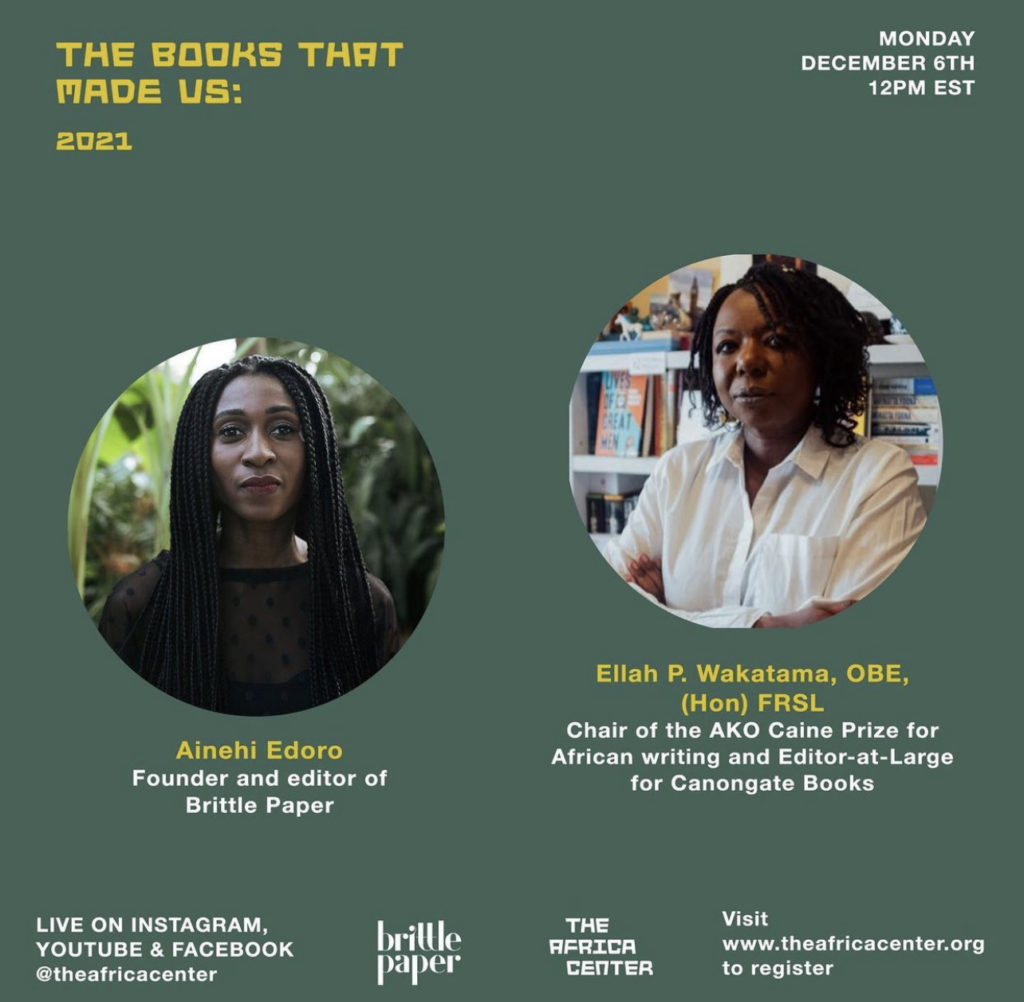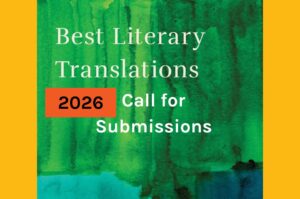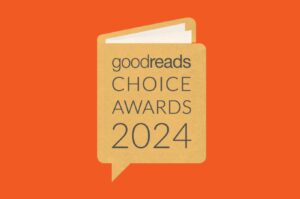
Brittle Paper recently partnered with literary organization The Africa Center and publisher Mail & Guardian to curate and publicize our annual list of “50 Notable African Books of the Year.”
As part of efforts to encourage conversations around the highlighted books and African literature in general, we co-hosted a panel discussion titled “The Books That Made Us”, involving some of the continent’s most esteemed curators.
The panel, introduced by award-winning author and Director of the African Centre Uzodinma Iweala, featured our Chief Editor Ainehi Edoro in conversation with the legendary editor Ella Wakatama Allfrey.
Neither of the panelists need any introduction. Ms Edoro is currently Assistant Professor of Global Black Literatures at the University of Wisconsin-Madison’s Department of English and Department of African Cultural Studies. She has founded and currently serves as Chief Editor of Brittle Paper.
Ella Wakatama Allfrey is one of Africa’s leading editors and literary critics. She currently holds the position Editor-at-large at Canongate.
The over one-hour long virtual discussion centered around the books that made up our notable list, especially noting the “strong presence of books by women writers of African descent and the explosion of African speculative fiction.” It also highlighted the publishers and other culture curators making strides in keeping African literary culture lively with boundary-pushing books.
Some of the topics covered include the remarkable range of books that made the cut, from works by “grand daddies” of African literature to that of young, relatively new comers, as well as the combined commercial and literary appeal of the listed books.
“I mean it’s amazing to see a list that has Wole Soyinka,” Ainehi said, “who was essentially at one of the beginning moments of African literature as a global form … with somebody like Namina Forna who is in her twenties and at the beginning of her career, it gives this list the true sense of a community of writers who cut across different age groups, literary styles, and who come from different parts of the continent. I find that really heartwarming.”
Wakatama agreed, adding, “These are books that are going to make money too, and I think that’s really important. I mean, we can think about the building culture aspect of it which I know for both of us (Ainehi) is primary, but pretty much alongside that is the commercial aspect of it which for one encourages other writers, but it also means that the writers who are working now, if they can make part of their living from their work, it assures us that next year and the year after that, we’ll have more and hopefully bigger lists to publish. I think those two things are equally important.”
The program was held on December 6, 2021 via zoom. You can catch up on the discussion by watching the video below:
https://youtu.be/50KFGB05Z3U









COMMENTS -
Reader Interactions